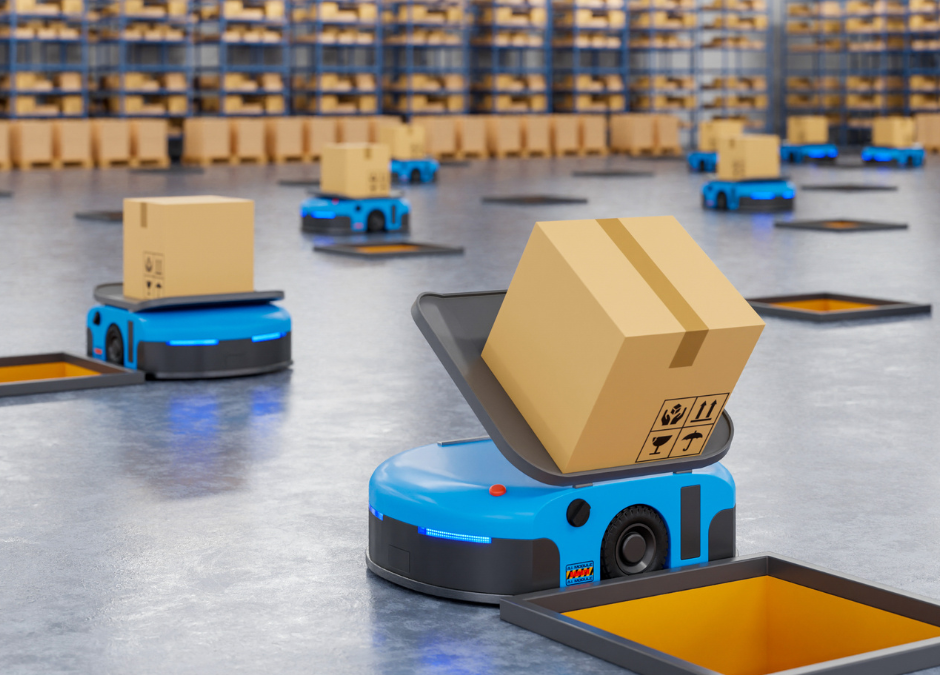The Five Most Key Takeaway from This Article
- Just in time for Prime Day, Amazon chose to release its A.I. shopping assistant Rufus. You need the Amazon app to have a conversation with Rufus.
- Rufus, which–fun fact!–gets its name from a somewhat mythical dog that once roamed the offices of Amazon in the days of yore, is like a beefed-up digital shopping assistant.
- In helping users compare and select products, Rufus pulls from both the Amazon site’s data (including product specs and customer reviews) as well as selections from the World Wide Web.
- Amazon has been experimenting with A.I. for some time now. One of its recent notable experiments was using A.I.-generated summaries of reviews to pin on top of the reviews section.
- Where does Amazon get its A.I. powers from? A large investment in A.I. frontrunner Anthropic is definitely a part of it.
From Small-group Testing to a Major Release
So here is a fairly major trend in big-tech when it comes to the A.I. race: it is more than common, in fact it is really the industry standard, to have pretty much worldwide releases of A.I. that, in many analysts’ estimations, should really be considered to be “not quite there yet”.
If you need a recent example, consider the case of the A.I. Overviews debacle that yielded just a ton of useful feedback for Google. And that’s not to mention seeing whether the A.I. had the ability to handle the volume of Google searches in real time.
And the classic case that started this whole A.I. race off was the ChatGPT debut in November of 2022. Looking at just how many issues that still persist with ChatGPT, despite the incredible pace of upgrades and innovation, one can surmise that OpenAI was conducting an expensive albeit business-first product-testing experiment that would bring in tons of feedback and use cases from volunteer beta-testers.
So, it may have gotten negative feedback, sure, but no one would believe that such feedback would be enough to put Google out of business.
What Business Owners Should Be Aware of
For business owners, especially those who sell products on Amazon, this whole beta-testing practice should be of note.
Having what is really an in-progress product go through first a small round of beta testing, then a fully public release that is still kinda-sorta a next stage of the beta testing, can have trickle-down problems for business owners.
This beta testing can lead to subpar conversations between customer and chatbot that could potentially make a sellers’ product look bad. Or if not bad, merely not good enough to purchase.
What Have Users Noticed?
One troubling trend that a writer for The Verge took note of was that Rufus will veer away from the topic of shopping and discuss things like, say, an upcoming presidential election in the United States.
What is more, the chatbot will have such a discussion while still linking to products. There are probably plenty of business owners who do not want their product links to be fodder in such unhinged conversations.
So just imagine: in the same conversation, or even the same message, with your product’s name in it, Rufus may sprinkle in some tangential potentially off-puttingly irrelevant content perhaps political in nature. May not lead to a conversion that a better, more market-ready chatbot could have perhaps gentled the shopper to.
What Are the Pros for Business Owners?
But any issues aside, there are indeed some notable positives here, namely in having users discover your business’ product that the user may not have found otherwise in regular search.
That comes from the fluid, continual nature of the Amazon chatbot’s conversation. Instead of having to type in some relevant keywords in a search bar, an online shopper can now have something resembling the in-store equivalent back-and-forth with an employee.
That being said, keywords apparently do matter. Take, for instance, the conversation that a CNET reporter had with Rufus. When asking for a summer beach read, the book recommendations that Rufus offered all had something peculiar about them.
That peculiar something was that each recommendation contained the keywords: one book on the list has the name Beach Read, another book is called The Summer Place, one is A Novel Summer, and the last one is called Happy Place, which as it turns out has the word “summer” in its product description.
The problem here is that there may be perfectly adequate beach reads that do not have any mention of summer in the book title or product description, yet an obvious reliance on keyword search is integral to Rufus’ response in this case.
This indicates that Rufus could have a degree of word-association about its answers, and so may favor products that have a keyword that the shopper uses in the product title.


Recent Comments